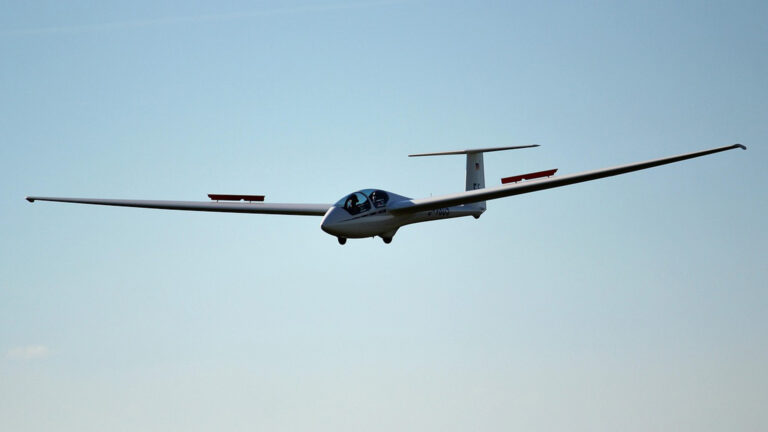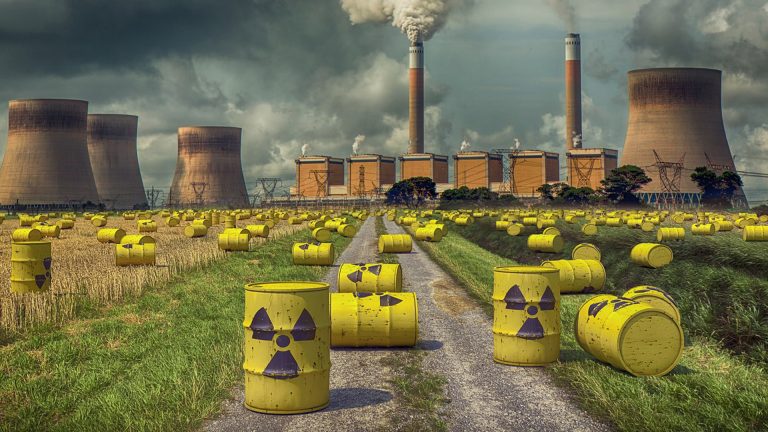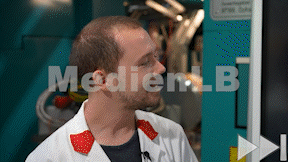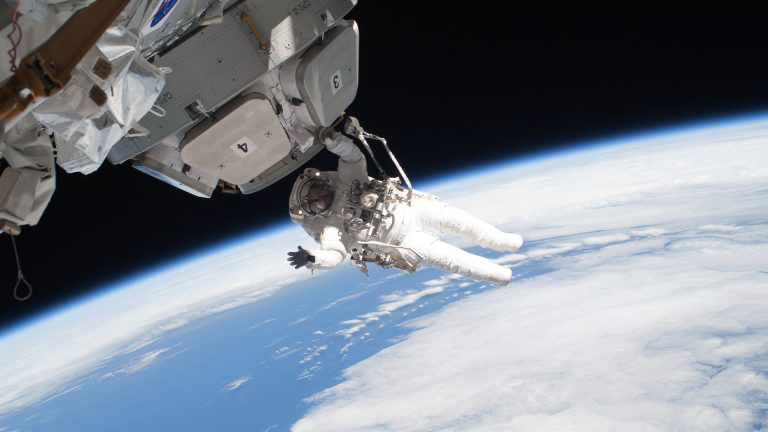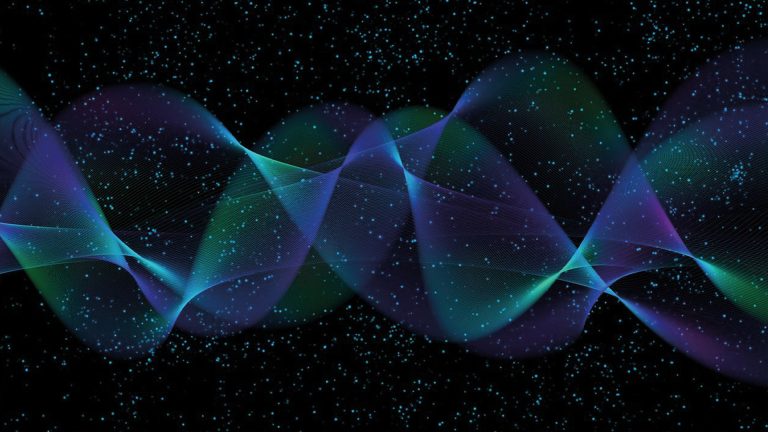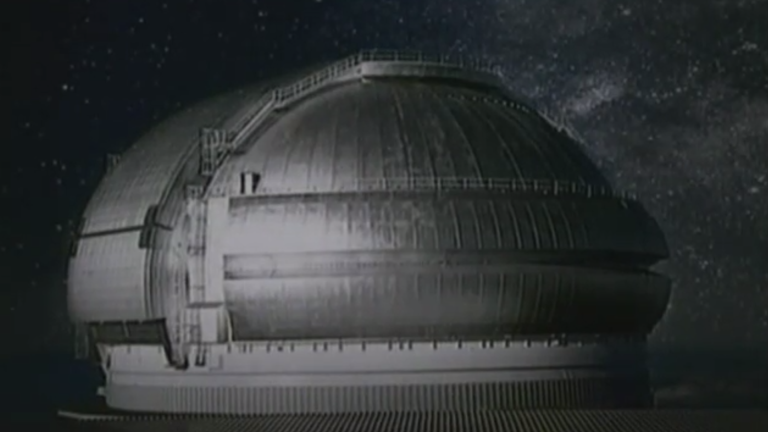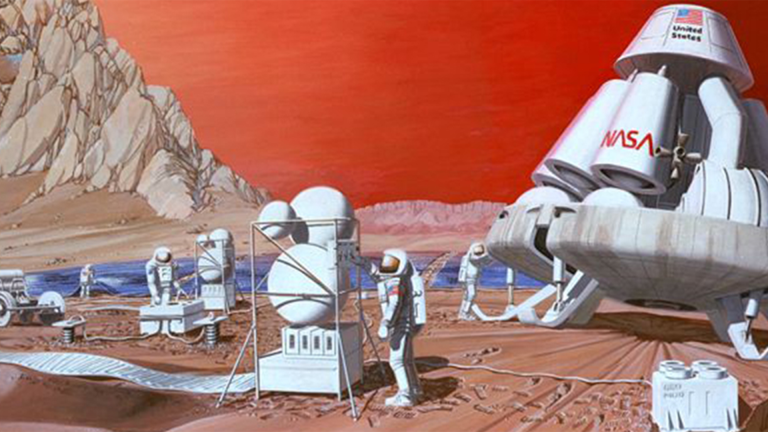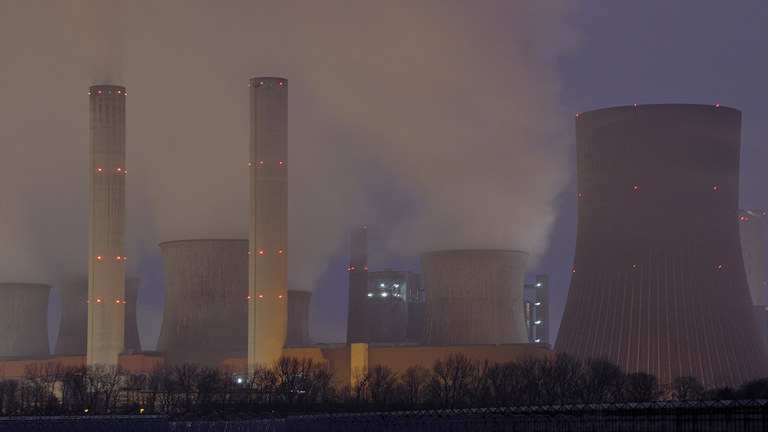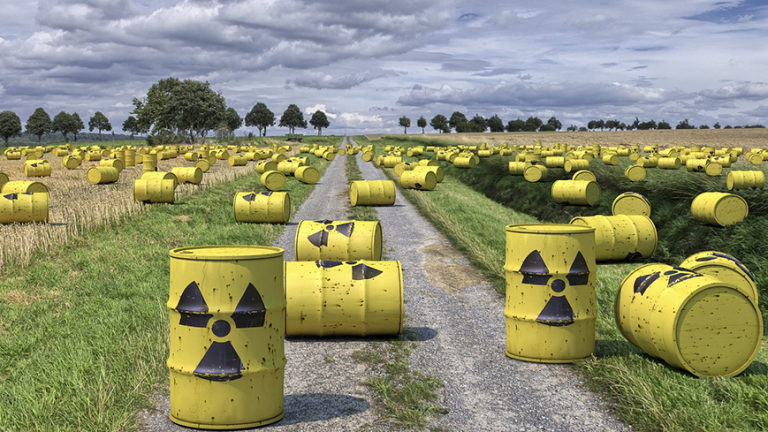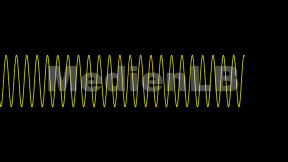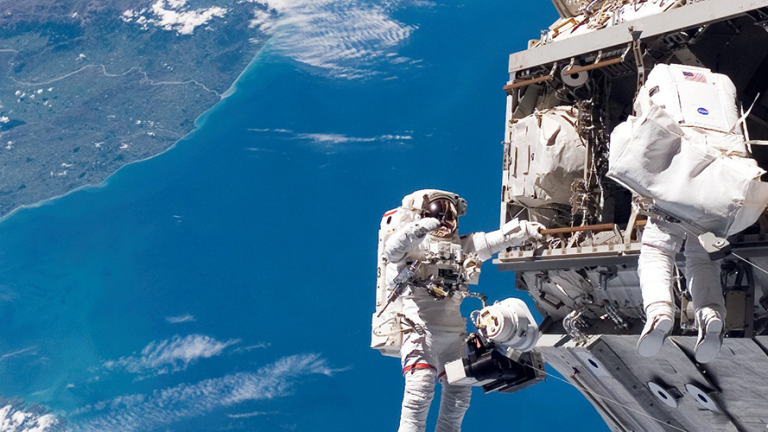Suche:
- # Artistry
- # Biology
- # Chemistry
- # Ecological
- # Economy
- # English
- # Foreign Language
- # Geography
- # German
- # Health
- # History
- # Informatik
- # Latin
- # Mathematics
- # Media Education
- # Music
- # Physics
- # Politics / Civics
- # Preschool
- # Primary School
- # Religion
- # Society
- # Sports
- # Technology
- # Training of Teachers
- # Vocational Education
Aerodynamik
Unter Aerodynamik versteht man die Wissenschaft, die sich mit der Analyse von Bewegung von Luft um Objekte befasst.
Learn moreKernforschung
Kerntechnische Anwendungen sind in der Medizin, Industrie, Wissenschaft, aber auch in unserem Alltag ein wichtiges Element.
Learn moreHydraulische Systeme
Hydraulik ist eine Technik, die Flüssigkeiten zur Kraftübertragung verwendet. Im Alltag ist diese Technik nicht wegzudenken – von der Servolenkung eines Autos bis zur Hebebühne in der Werkstatt.
Learn morePlaneten und Exoplaneten
Das Universum, Sterne und Planeten üben seit jeher eine Faszination auf den Menschen aus.
Learn moreQuantenobjekte
Quanten sind kleinste Bausteine von Materie oder Molekülen und damit unserer Welt.
Learn moreMacrocosm
Macrocosm – what is that? The film discusses this question in detail. Where does macrocosm begin? Can we imagine or even perceive its dimensions? The film illustrates in a descriptive way that macrocosm begins already on Earth, for instance in the forest..
Learn moreSpace
The conquest of a new world: the first satellite, the first man in space, the first steps on the moon – pictures we all know.
Learn moreElectricity
How is the electricity generated with which we power our appliances in everyday life?
Learn moreGeiger-Müller Counter Tube
Radioactivity leads to invisible radiation with considerable effects on the organism.
Learn moreLaws of Nature
Die Physik hilft uns zum Beispiel zu verstehen, warum Dinge fallen, wie sie fallen, wie Kräfte wirken und was sie bewirken. Warum manche Dinge schweben und andere nicht und wie wir mit diesem Wissen das Leben viel einfacher machen können.
Learn morePhotovoltaics
Photovoltaics is the direct conversion of light energy into electrical energy. This principle is increasingly being used as a regenerative energy source - for this purpose, large-scale solar collectors are being installed on house roofs and on open spaces.
Learn moreGravity
Gravity is the force that pulls something to the ground. It ensures that everything falls downwards. Like every force, it has a direction, namely towards the centre of the celestial body. The film vividly shows the development of the law of gravity from Isaac Newton through the further development by Albert Einstein, who described that gravity not only causes bodies to attract each other, but also causes space to curve around a body. Space and time are no longer absolute, fixed quantities, but changeable.
Learn more



